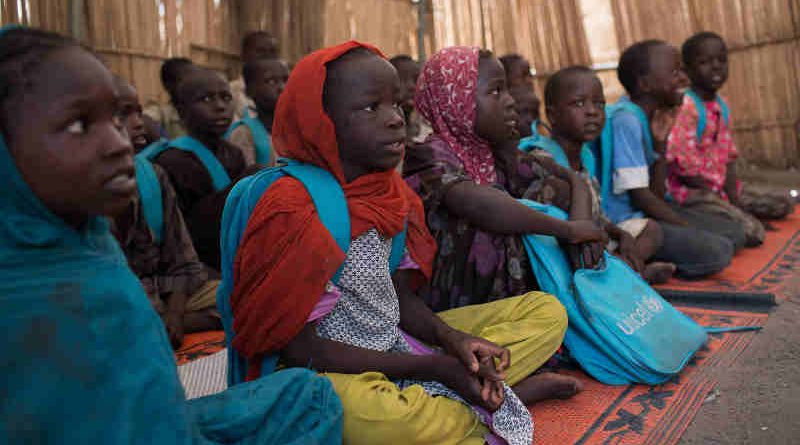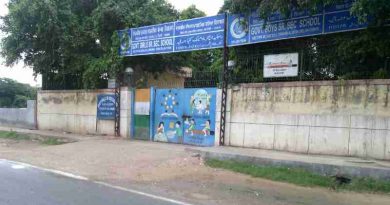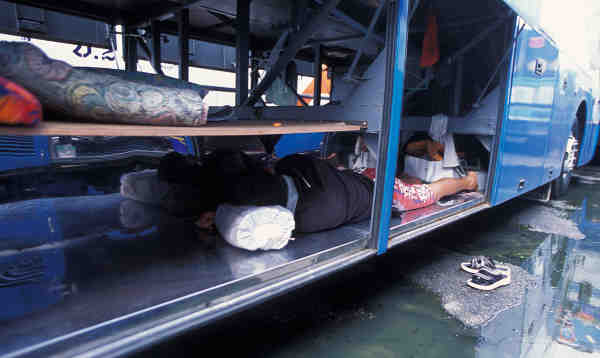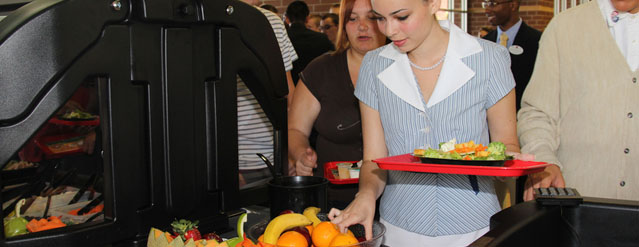Schools Closed Under Boko Haram Terror in Northeast Nigeria
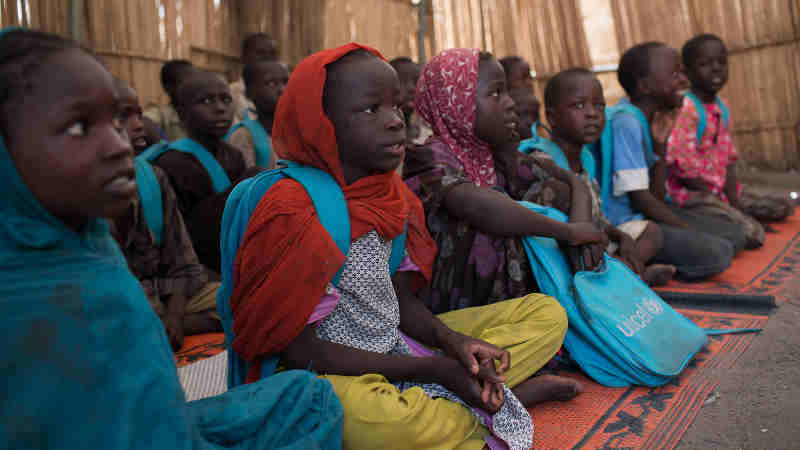
According to UNICEF, the crisis caused by the Boko Haram insurgency in northeast Nigeria means that over 57 per cent of schools in Borno, the worst-hit state, are closed, even as the new school year begins.
Since 2009, across the northeast, over 2,295 teachers have been killed and 19,000 have been displaced. Almost 1,400 schools have been destroyed with the majority unable to open because of extensive damage or because they are in areas that remain unsafe. An estimated 3 million children are in need of emergency education support, UNICEF reports.
[ Join RMN Foundation Free School for Modern Education ]
“Children in northeast Nigeria are living through so much horror,” said Justin Forsyth, Deputy Executive Director of UNICEF at the end of a three-day visit to Maiduguri, the epicentre of the crisis in the northeast.
“In addition to devastating malnutrition, violence and an outbreak of cholera, the attacks on schools is in danger of creating a lost generation of children, threatening their and the countries future.”
[ UNICEF to Set Up New Learning Centres for Rohingya Refugee Children ]
Some children living in camps for the displaced in Borno state, however, are actually benefiting from education for the first time in their lives. In the Muna Garage camp on the outskirts of Maiduguri, for example, an estimated 90 per cent of students were enrolled in school for the first time.
In the three most-affected states of northeast Nigeria, UNICEF and partners have enrolled nearly 750,000 children in school this year, establishing over 350 temporary learning spaces, and distributing almost 94,000 packs of learning material that will help children to get an education.
UNICEF is also working with partners to rehabilitate schools and classrooms and training teachers to build a stronger education system for the future.
Photo courtesy: UNICEF

